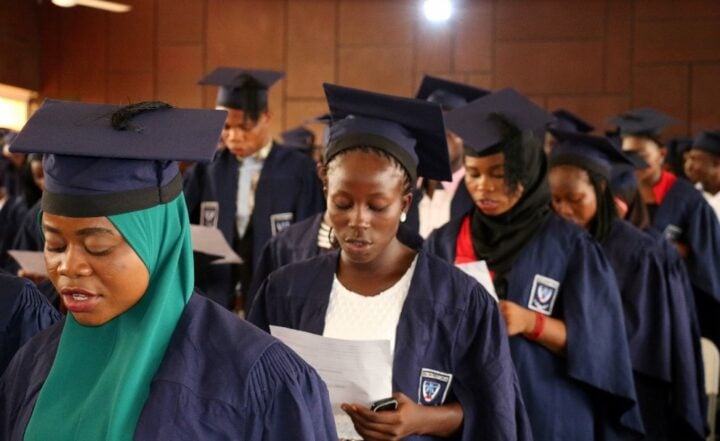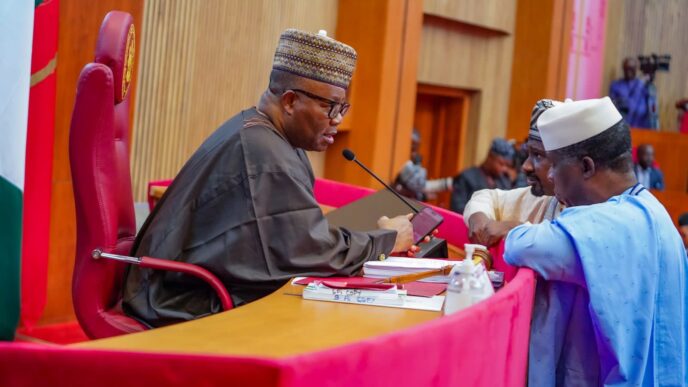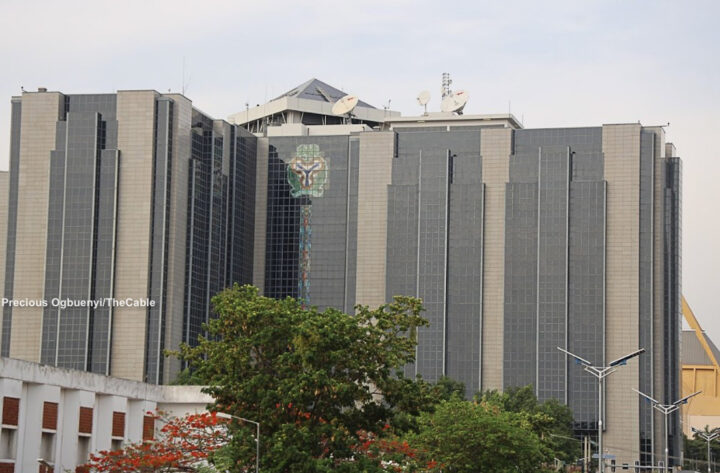Matriculating students at Federal University Lokoja's Adankolo Campus on April 10, 2018 | File Photo
Tunji Alausa, the minister of education, says the federal government has pegged the minimum admission age for tertiary institution at 16 years.
The minister spoke in Abuja on Tuesday at the 2025 policy meeting of the Joint Admissions and Matriculation Board (JAMB).
In July 2024, Tahir Mamman, the immediate past minister for education, had set 18 as the minimum age for admissions.
Following his removal, Mamman’s successor Tunji Alausa reversed the policy to tentatively cap the admission age at a minimum of 16.
Advertisement
JAMB had added that exceptionally brilliant candidates below 16 could sit for its annual Unified Tertiary Matriculation Examination.
In October 2024, a landmark ruling in Delta resolved that JAMB could not legally impose a minimum age requirement.
The ruling effectively nullified JAMB’s minimum age policy.
Advertisement
The board, in February 2025, revealed that it had sought a stay of execution on the matter pending a then-ongoing appeal.
At the JAMB policy meeting, Alausa said Nigeria has officially adopted 16 as the minimum age for tertiary school admissions.
“The issue of age at entry into tertiary institutions has generated much debate, but our position is clear,” the minister said.
“The entry age for admission into tertiary institutions is now officially pegged at 16 years. It was reduced from 18, which was to be effective from this year’s exercise, to the need for this compliance.
Advertisement
“This policy decision reflects a balance between cognitive maturity and academic preparedness. Sixteen years of age for admission is non-negotiable. Institutions are hereby directed to ensure strict compliance.
“We understand there may be a few exceptional cases, and provisions have already been made for legitimate exceptions, especially for gifted children or those with accelerated educational progress.
“However, this must be demonstrated and documented, and it must be justified.
“The ministry is firm in its resolve, and those attempting to circumvent this policy by altering age records will be sanctioned accordingly.”
Advertisement










